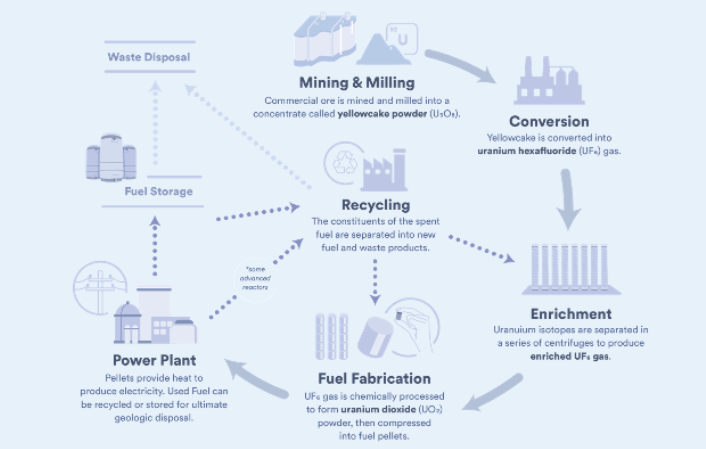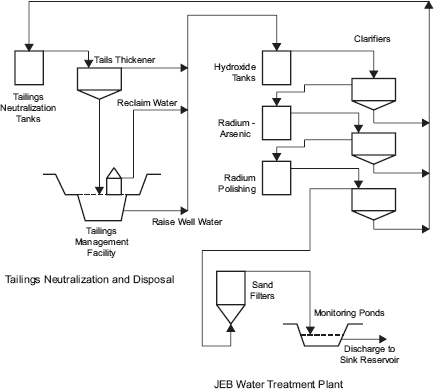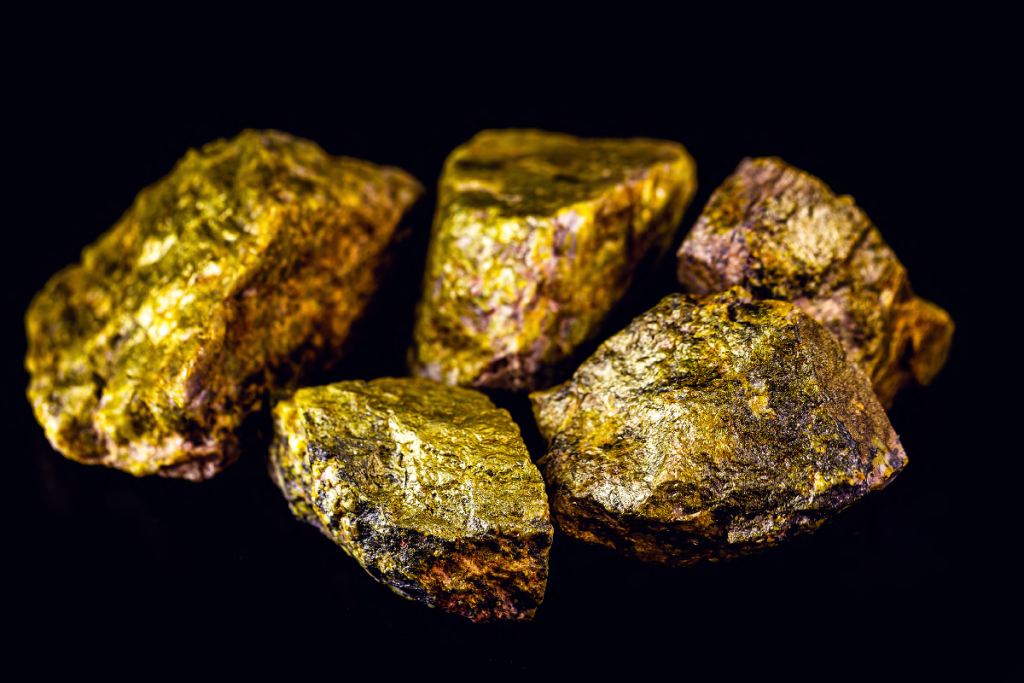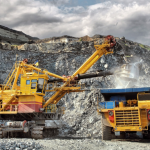Minerals as Essential Natural Resources

Minerals are naturally formed substances that possess a well-defined chemical constitution and a crystalline structure. They are created through diverse geological processes spanning millions of years.
Are you aware that there is a vast deposit of minerals underneath the surface of the Earth that remains undiscovered? Earth’s natural resources, referred to as minerals, are indispensable for our daily existence and serve a multitude of purposes in sectors such as technology and development.
A mineral is typically characterised as a naturally existing substance with a specific chemical composition while maintaining consistent physical properties.
This article@ Zik Natural Resources will provide an exploration of Earth’s natural mineral resources.
An Exploration of Different Minerals
Minerals can be categorised into many groups according to their chemical composition and physical characteristics. This includes:
- On Earth, silicates are the most prevalent minerals and are mostly made up of silicon and oxygen. They constitute the fundamental components of rocks and are present in diverse formations found in the earth.
- Carbonates are minerals that include the carbonate ion (CO3) in their chemical composition. They are widely found in sedimentary materials and are significant in the creation of underground spaces and stalactites.
- Sulphates, as the name implies, comprise the sulphate ion (SO4) and are frequently associated with the eruption of volcanoes.
Every type of mineral has its own distinct set of qualities, such as the degree of hardness, hues, lustre, and disintegration.
Subscribe to www.zikresources.com for interesting and valuable content!
Minerals that Occur Frequently in Nature and their Respective Applications
- Feldspar is a plentiful mineral that is frequently found in rocks that are both igneous and metamorphic. It is extensively used in materials such as glass and ceramics as a form of flux to decrease the melting temperature of substances.
- Calcite is a mineral that consists of calcium carbonate and is commonly found in sedimentary rock formations. Calcite is used as a filler substance in paper products, paints, and plastic substances.
- Copper is a multifaceted metal that is found in nature as a mineral in different geological formations. Its exceptional conductivity and corrosion resistance make it indispensable in electrical installations, plumbing systems, gadgets, and currency production.
- Coal is a flammable sedimentary rock made up mainly of carbon, hydrogen, and oxygen. Coal is bountiful in fossil fuel that is, mostly used for generating energy and carrying out industrial activities, such as steel manufacturing.
- Gold is a valuable metal that has been highly prized for its scarcity and visual attractiveness throughout history. It is used in the creation of jewellery and decorative arts. Gold is used in electronic devices and medical dentistry, because of its exceptional conductivity and ability to resist corrosion.
Buy Now from www.zikresources.com “Sustainable extractive sector management” to get more valuable content.
The Significance of Minerals in Economic Growth and Advancement
This examines the role of minerals in fostering economic development and societal progress.
- Minerals are fundamental natural resources that are crucial for a wide range of industries, such as building, industrial production, electricity, and technologies. Metals such as iron, copper, and aluminium play a vital role in constructing infrastructure and creating machinery, while non-metallic minerals such as sand, gravel, and limestone play a crucial role when it comes to construction of roads, and the manufacturing of cement.
- Minerals resources play a crucial role in generating substantial revenue for national economic through the collection of taxes, revenues, and earnings from exports. Governments frequently depend on the income earned from mineral extraction to finance services to the public, construction initiatives, and economic growth efforts.
- Minerals play a crucial role in global commerce and productivity by being traded internationally, contributing to the economic competitiveness of nations. Countries abundant in minerals export either unprocessed resources or manufactured products, generating foreign currency and enhancing their credibility in the worldwide economy.
In conclusion, mineral resources play a fundamental role in various sectors, such as industry and infrastructure, providing the foundation for the success of modern society.
The qualities of minerals are defined by the composition of their chemicals and crystalline structure, and these features are essential for recognising and differentiating various minerals.
When considering the wide range of minerals located underneath the Earth’s surface, it is important to recognise the significance they hold for our economy and everyday existence.
Share this www.zikresources.com valuable and educative content on your different social media platforms.







